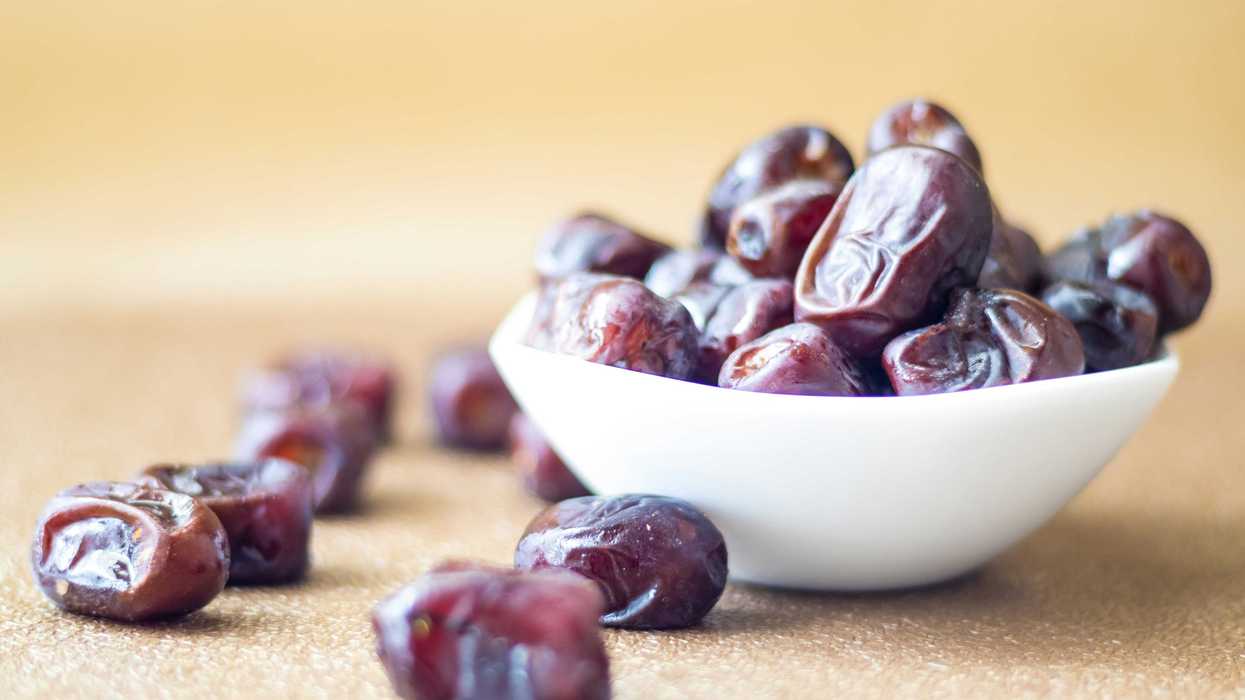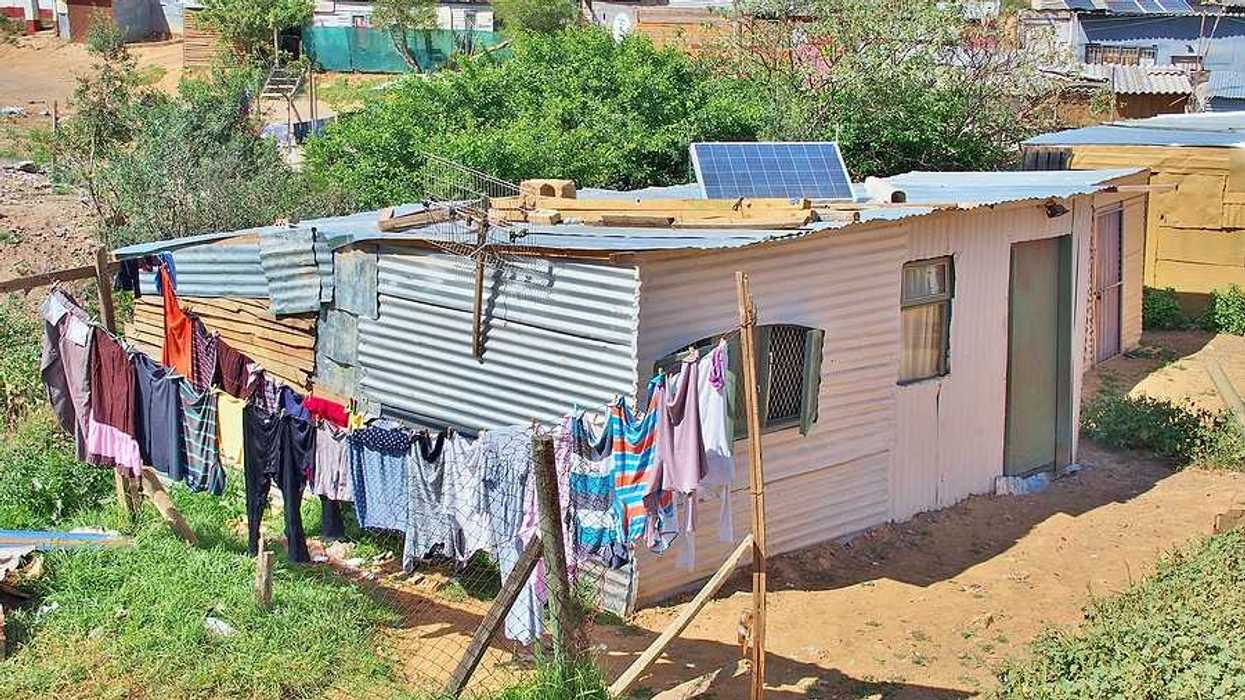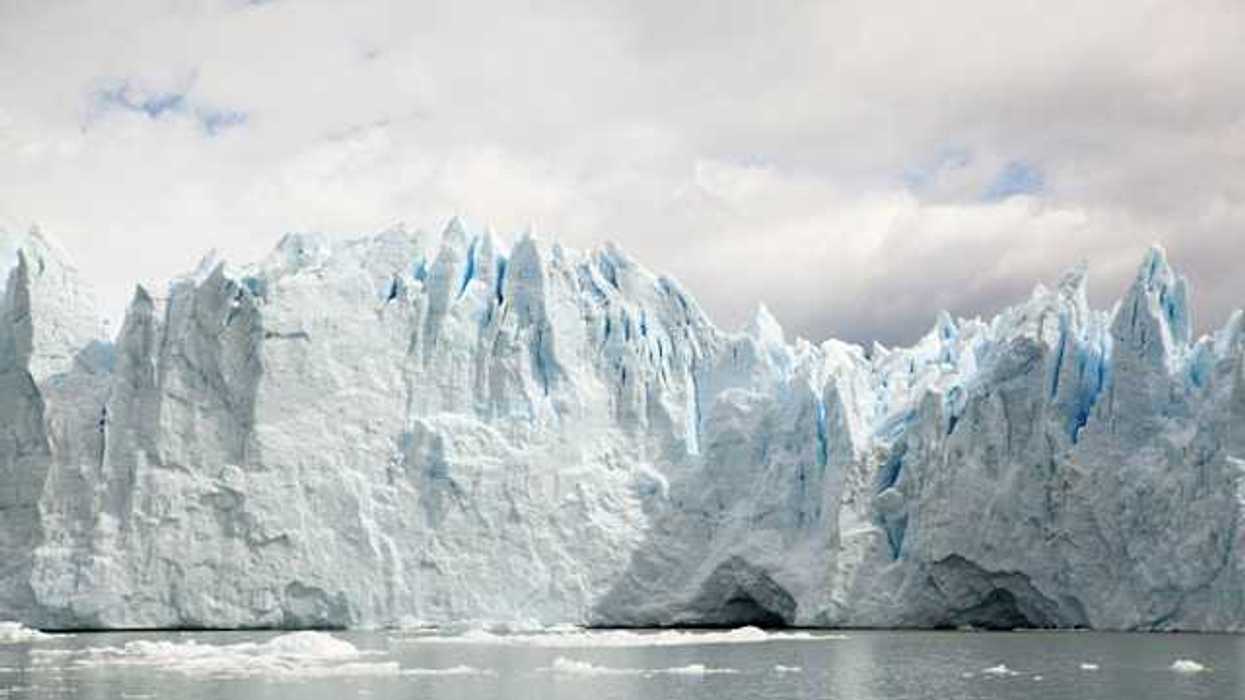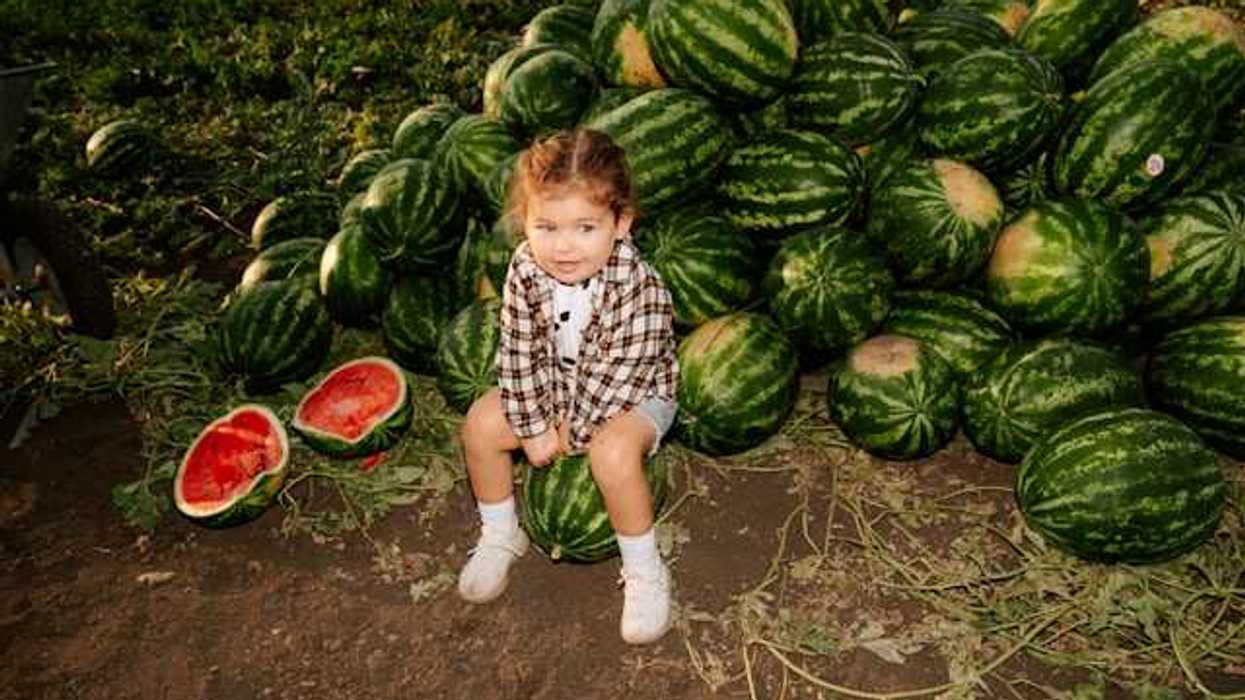A recent study suggests the dramatic increase in gray whale deaths along the Pacific Coast over the last six years may be due to a critical shortage of food in their Arctic feeding grounds.
Susanne Rust reports for Los Angeles Times.
In short:
- The gray whale population has suffered a dramatic decline, with more than 700 whales found dead since 2018, raising questions about their survival.
- Researchers pinpoint a drop in Arctic and sub-Arctic food supplies as a primary cause, though the exact reasons for this scarcity remain unclear.
- This die-off provides a crucial data point for understanding and potentially addressing the challenges faced by marine life in changing oceanic environments.
Key quote:
"We didn’t find any evidence of anything that looks like an infectious disease. There were no telltale signs of infection of any kind."
— Padraig Duignan, pathologist at the Marine Mammal Center
Why this matters:
Gray whales along the Pacific Coast have experienced significant die-offs, tentatively attributed to changing Arctic conditions and a decline in their primary food sources. Some researchers have observed a direct correlation between these die-offs and both the levels of Arctic sea ice and the biomass of benthic amphipods, a key food source for the whales.














